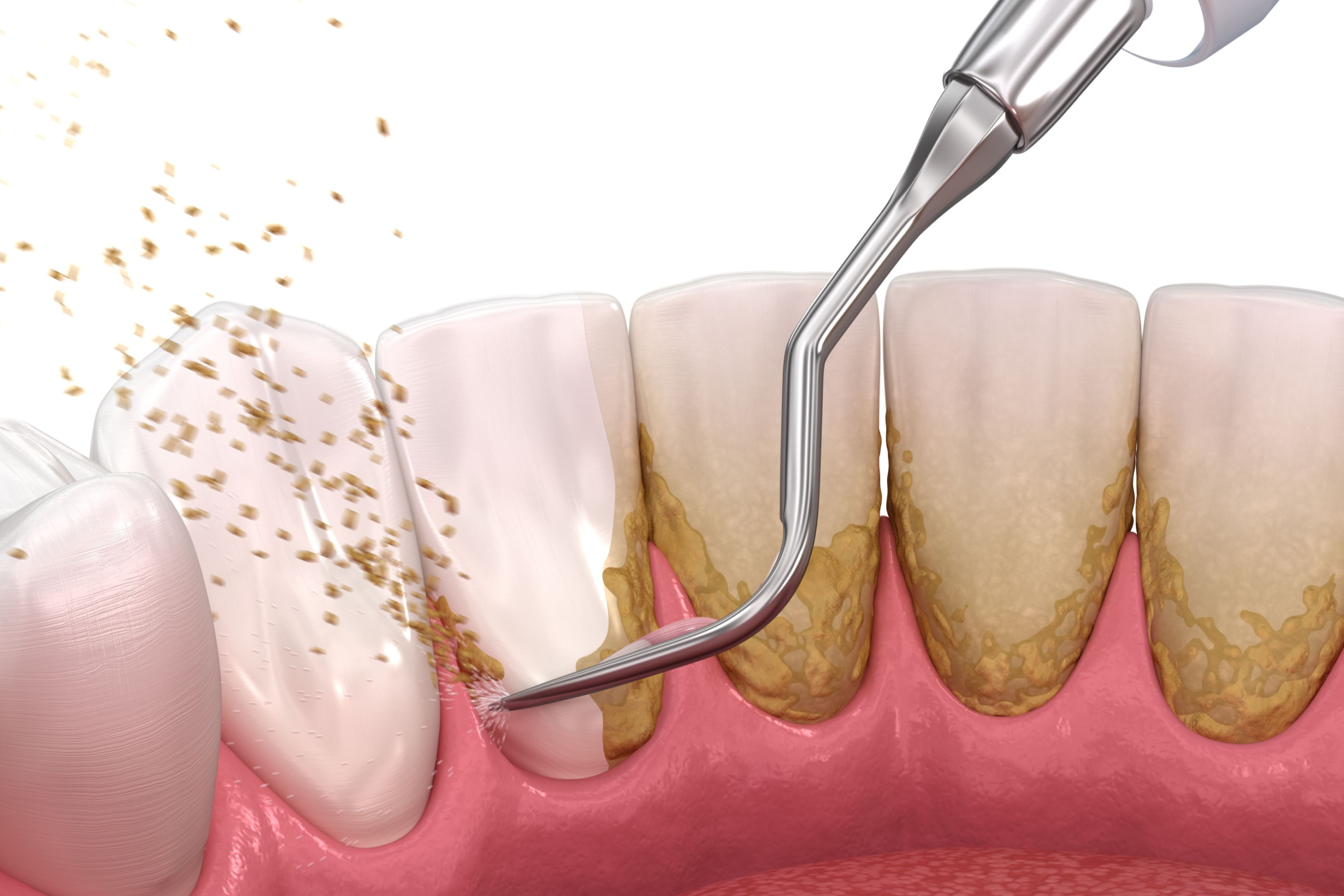
Blog
Plaque Vs. Tartar: What’s the Difference?

Your teeth are coated with enamel which is the toughest material found in the human body. Your enamel can deteriorate when exposed to plaque and tartar despite its strength and durability.
When plaque forms and hardens to become tartar, it leads to sensitivity, toothache, decay, and eventually the death of your tooth. None of these is anything to smile about.
Understanding what plaque and tartar are and how to deal with them is key to ensuring great oral health.
Let’s examine the main differences between plaque vs. tartar and discuss ways to avoid letting them ravage your beautiful smile.
What Is Plaque?
We all get dental plaque on our teeth. Plaque is made up of a combination of food debris, saliva, and bacteria.
Having bacteria in your mouth is perfectly normal. At any one time, there are potentially thousands of different types of bacteria in your mouth and hundreds of these can be found in plaque. While most bacteria are harmless, some can be very detrimental to your oral health.
Plaque is a sticky film that coats your teeth. Some of the bacteria contained in plaque will create acid when it consumes sugars and starches left in your mouth. This acid can really damage your teeth through erosion.
How to Avoid Plaque
Although plaque is fairly normal, you need to take care of your teeth so that it doesn’t build up and become tartar. Left to its own devices, plaque will lead to tooth decay and gum disease. To avoid plaque build ups you should:
- Avoid sugary food and drinks
- Brush your teeth thoroughly twice a day
- Visit your dentist for a checkup twice a year
- Floss and use mouthwash
What Is Tartar?
Left to harden on your teeth, plaque will become tartar. This is sometimes referred to as calculus. Where plaque can be removed relatively easily through thorough cleaning, tartar cannot.
Tartar is not only harmful to your teeth and gums, but it causes severe discolouration. If your teeth appear to have a solid deep yellow or even brown coating, this is likely to be tartar and should be removed professionally before there is any serious impact on your oral health.
How to Avoid Tartar
To avoid developing tartar, you need to tackle plaque on a daily basis. By maintaining a good standard of oral health, you’ll minimise the potential for calculus to form.
The only way to remove tartar is by visiting your dentist for a full clean. This is because the tartar binds tight to the tooth and spreads below the gumline. If you try to remove tartar yourself, you will risk causing injury to your gums and damage to your teeth.
Caring for Your Teeth at NuDental
At NuDental, we want to help you manage plaque and avoid tartar. Regular checkups allow us to check on the condition of your teeth and gums and reduce the impact plaque and tartar can have. Seeing our hygienist for a full clean will also ensure your smile is fresh and healthy.
Get in touch today to arrange to visit our hygienist or to arrange a dental checkup.

